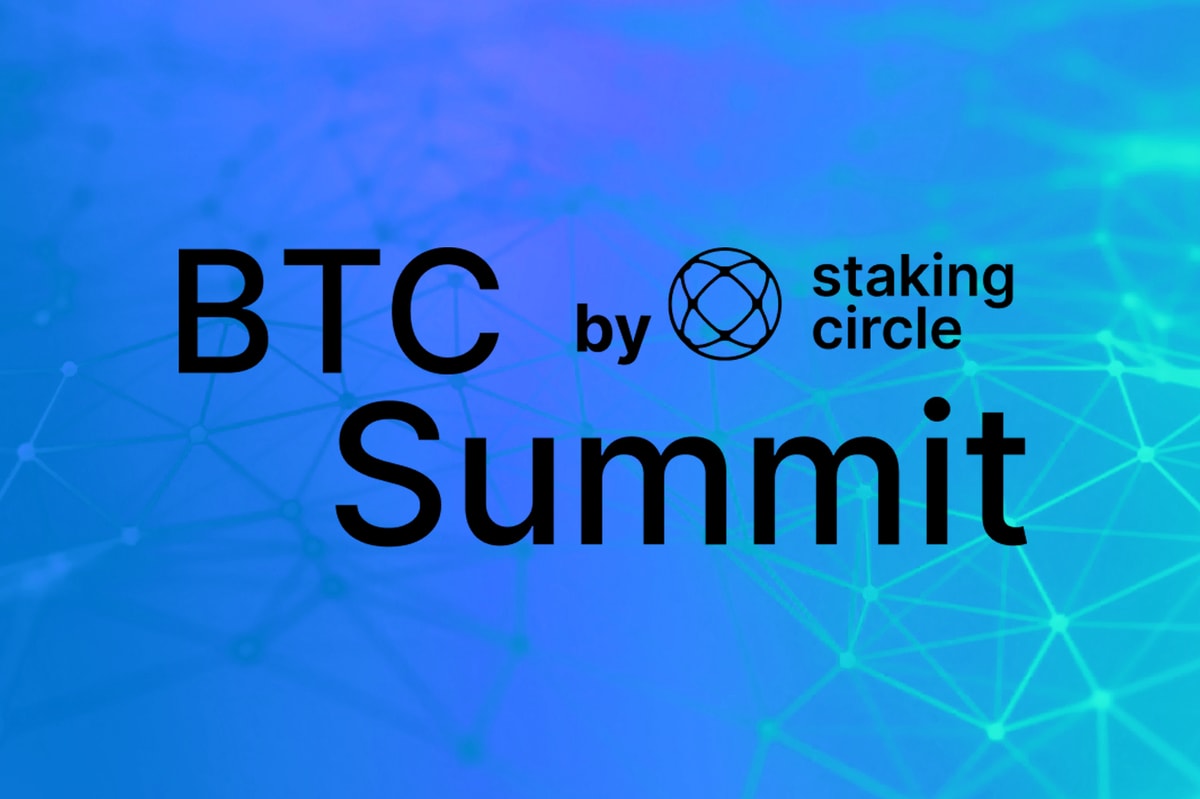LABITCONF, the longest-running crypto conference in the world, celebrated its 10th anniversary in Buenos Aires last week. The conference gathered 40 of the foremost leaders of the crypto ecosystem and more than 10,000 attendees from over 15 Latin American countries to give their thoughts on the current state and the future of the crypto world.
In just two days, the attendees participated in over 200 panels, chats, keynotes and workshops on six different stages. The conference provided guests with the opportunity to learn more about the current state and future potential of the crypto world, engage with new tools aimed at enhancing current projects, and enjoy innovative art and entertainment.
Vitalik Buterin, the creator of Ethereum (ETH), shared his thoughts about The Merge, the largest Ethereum upgrade to date. He said, “It worked perfectly during the process without affecting users who now spend less time waiting to send a transaction.” He further emphasized the increased stability of the chain, and how despite the many new features, the user experience remains highly familiar. He also commented on the future of the industry, saying, “The greater message is not whether crypto succeeds or fails, but whether that part of crypto succeeds or fails. Sometimes it seems that more regulation is better, but you have to see what kind of regulation is needed and what crypto project it is. The networks did not fail, Bitcoin (BTC) did not fail, Ethereum did not fail. The platforms did not fail.”
Another leader in the industry, Gloria Zhao, the first woman to play the role of maintainer of the Bitcoin code, spoke about the innovation of the protocol and the inefficiencies to avoid in transactions. She discussed at length how peer-to-peer protocols enable more secure and efficient transactions while changing the way we use money.
Elizabeth Stark, the founder and CEO of Lightning, one of the most innovative companies in the Bitcoin universe, reflected on the FTX crash and affirmed that it had been a difficult week, that many people were affected, and it is a great reason to know that Bitcoin is different. She added that, as Bitcoin creator Satoshi Nakamoto put it, the current financial system is not sustainable. “We know that Bitcoin is decentralized and will continue to operate. In the case of FTX, many trusted them. Bitcoin is meant to question the traditional system, not repeat the same mistakes” and added, “I am very excited about the adoption of Bitcoin in the community worldwide, the use of e-cash and circular economies. We’re going to see a lot more of this in the coming years.”
Mario Iemma from Bitget, Bitso Argentina CEO Julián Colombo, Pablo Magro from OKX and Maximiliano Hinz from Binance addressed pressing topics in the sector and commented on their companies’ plans for the coming year. The executives agreed that transparency, security and education are central axes to generate user trust and drive the industry on a positive path forward.
The future of comics was also present on the main stage of LABITCONF, hand-in-hand with the undisputed leader of the industry, Gareb Shamus, creator of Comic Con, who visited Argentina for the first time to share his vision for the potential for disruption in the comics world via NFTs, blockchain and Web3.
“Superheroes make people feel good, make them believe in something. Spiderman has always been my favorite. When I learned about NFTs and Web3, I first realized that it was about content and community, just as with Comic Con when we started. For us who come from that world, the most important thing is the journey of the hero, the story. In that, Web3 is going a long way and we are working with our new company. For me, superheroes are the future of Web3.”
The influencer of the moment, Santiago Maratea, chatted with Mario Pergolini about his next social project on MakerDao: “I cannot cover all the problems of the people who come to me, it would be endless. That is why I started thinking about setting up an NGO that would allow organized people to follow up with action. Through the transparency and traceability tools provided by DAOs, we can achieve this,” explained Maratea.











